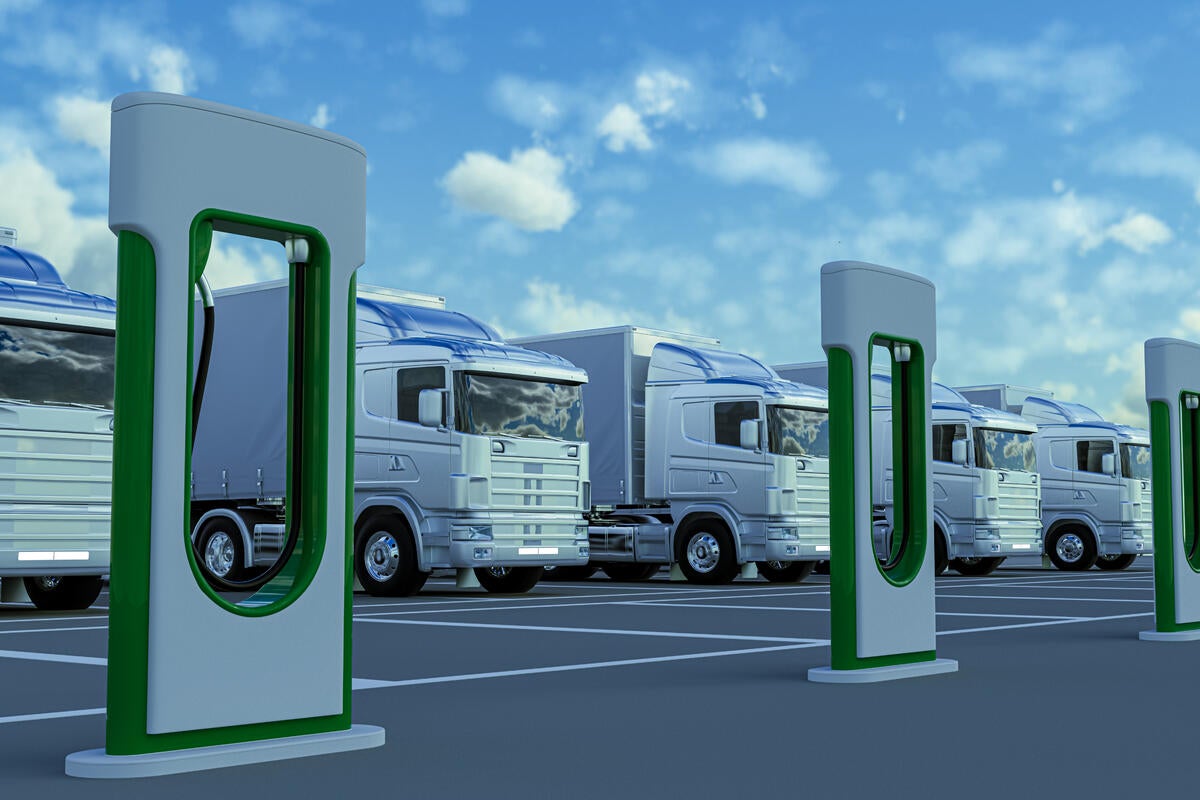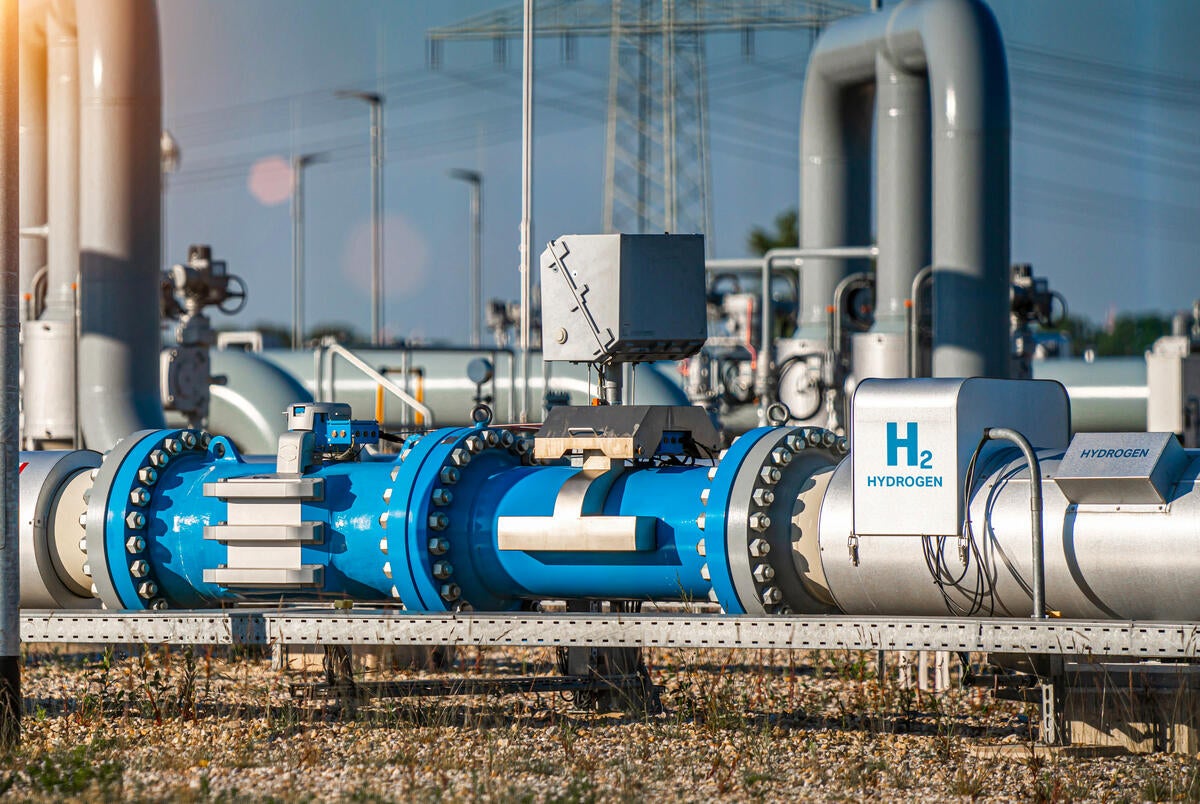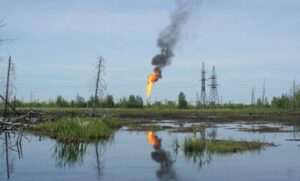
Today marks the celebration of World Maritime Day. This year’s theme — ‘MARPOL at 50 — Our commitment goes on’. This theme spotlights the 50th anniversary of the International Convention for the Prevention of Pollution from Ships, and encourages discussions on the next phase of the International Maritime Organization’s work to promote a just transition to sustainable shipping.
The MARPOL Convention was adopted in response to a series of tanker accidents in 1976 and 1977 that caused millions of gallons of fuels to spill into our oceans. Since 1973, MARPOL has evolved into a fundamental aspect of the international framework for protecting oceans, and today, it covers the prevention of pollution from ships to the marine environment.
In keeping with the theme of Maritime World Day, Environmental Defense Fund is reflecting on its global shipping work one year into its consultative status at the IMO. Through engagement, collaboration and an array of scientific research, EDF has been a strong proponent of ambitious decarbonization targets, and of implementing solutions to achieve those targets in an equitable and just manner. The organization also advocates for specific mandates to adopt alternative means of propulsion and non-fossil-based fuels for the shipping sector to contribute to limiting global temperature increase to 1.5 degrees Celsius, compared to pre-industrial levels, in alignment with the Paris Agreement.




